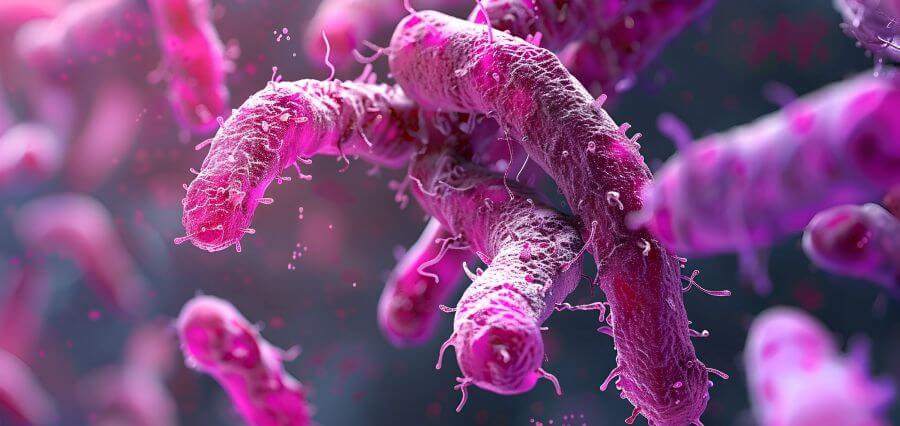In the ever-evolving landscape of agriculture, the role of genetically modified foods has become a focal point in the pursuit of sustainable farming practices. We, as stewards of the environment and advocates for innovation, delve into the profound impact that genetically modified (GM) crops have on the sustainability of agriculture. As we navigate this discourse, it’s crucial to understand the science behind genetic modification and its transformative effects on our food production systems.
Understanding Genetic Modification
Genetic modification includes the alteration of an organism’s genetic material through biotechnological processes. In agriculture, this technique is applied to enhance desirable traits in crops, such as resistance to pests, diseases, and adverse environmental conditions. Genetically modified foods are the tangible outcomes of this scientific advancement, offering solutions to challenges that conventional farming faces.
Enhancing Crop Resilience
The Pest-Resistant Revolution
One of the key benefits of GM foods lies in their ability to resist pests, reducing the reliance on chemical pesticides. Take, for instance, Bt cotton—a genetically modified variety that produces a protein toxic to certain problems. By cultivating such crops, farmers experience decreased crop damage, leading to higher yields and, subsequently, a more sustainable agricultural model.
Preserving Resources through Increased Efficiency
Optimizing Water Usage
In the face of climate change and growing water scarcity, optimizing resource usage becomes paramount. GM crops engineered for drought resistance play a pivotal role in conserving water. These crops thrive in conditions where traditional varieties would struggle, ensuring food security without exacerbating environmental stress.
Nitrogen Efficiency for Soil Health
Genetic modification also addresses soil health by developing crops with enhanced nitrogen-fixing abilities. This reduces the need for synthetic fertilizers, minimizing environmental pollution and fostering a more sustainable farming ecosystem. Embracing these innovations contributes to long-term soil fertility and the overall health of agricultural landscapes.
Addressing Global Hunger: A Sustainable Goal
Boosting Crop Yield
Sustainable agriculture is intrinsically linked to our ability to feed a growing global population. GM crops have demonstrated the potential to significantly increase yield per acre, ensuring that we can meet the demands of a burgeoning population without compromising arable land or resorting to deforestation.
Improving Nutritional Content
Beyond quantity, genetically modified foods contribute to the quality of our diets. Biofortification—the enhancement of nutritional content in crops—addresses malnutrition by fortifying staple foods with essential nutrients. Golden Rice, for instance, is engineered to produce beta-carotene, addressing vitamin A deficiencies in vulnerable populations.
Navigating Controversies: Safety and Ethics
Rigorous Safety Assessments
It’s crucial to acknowledge and address concerns surrounding GM foods, particularly those related to safety. The scientific community, backed by regulatory bodies, conducts rigorous assessments to ensure the safety of genetically modified crops before they reach the market. Transparent processes and robust regulatory frameworks are imperative to build public trust in the adoption of GM technologies.
Ethical Considerations
As advocates for sustainable agriculture, we recognize the importance of ethical considerations in the deployment of GM crops. The pursuit of a balance between innovation and ethical responsibility is essential to ensure that genetic modification contributes to our agricultural practices without compromising ecological integrity.
Economic Implications of Genetically Modified Agriculture
Enhancing Farmer Livelihoods
Apart from their environmental impact, GM crops have noteworthy economic implications. By reducing crop loss and increasing yield, genetically modified agriculture directly contributes to the economic well-being of farmers. Enhanced productivity not only ensures food security but also elevates the socio-economic status of farming communities.
Technological Advancements and Job Creation
The development and implementation of genetic modification technologies necessitate a skilled workforce. This demand for expertise creates job opportunities in biotechnology, research, and agriculture-related fields. As the agricultural sector embraces technological advancements, it becomes a hub for innovation and employment, fostering economic growth in both rural and urban areas.
Future Prospects and Innovations
Precision Agriculture and Smart Farming
Looking ahead, the combined effect of genetic modification and technological advancements is poised to revolutionize agriculture further. Precision agriculture, enabled by data analytics, sensors, and automation, allows farmers to optimize resource usage, reduce waste, and enhance overall efficiency. GM crops, specifically designed to thrive in diverse conditions, play a pivotal role in the success of precision agriculture.
Climate-Resilient Crops
With climate change posing unprecedented challenges to agriculture, the development of climate-resilient crops becomes imperative. Genetic modification provides a tool to create crops capable of achieving extreme weather conditions, ensuring food security in the face of a changing climate. The ongoing research and development in this area hold promise for a more resilient and sustainable agricultural future.
Conclusion: Embracing Innovation for a Sustainable Future
In conclusion, the role of genetically modified foods in sustainable agriculture is undeniably significant. From enhancing crop resilience to addressing global hunger, navigating controversies with transparency, and considering economic implications, GM crops offer a multifaceted solution to the complexities of modern agriculture. As we embrace these innovations, it’s essential to foster informed discussions, leveraging the benefits of genetic modification while addressing concerns to build a resilient and sustainable global food system.





